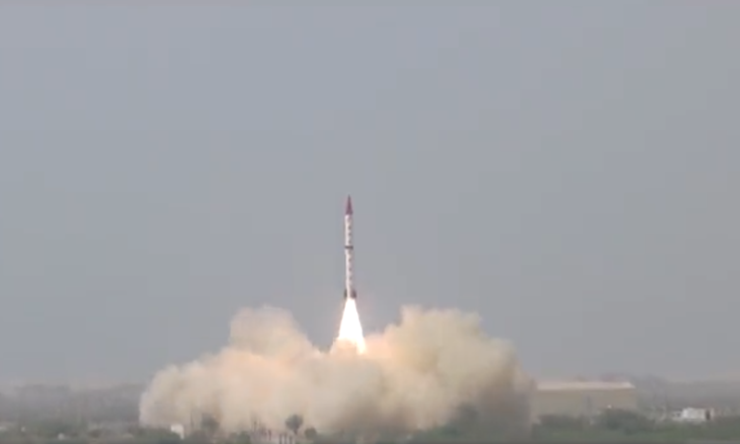
Bengaluru: A consortium comprising State owned Defence Public Sector Undertaking (DPSU) HAL and private sector Larsen and Toubro have been awarded the contract for manufacture of polar space launch vehicles (PSLVs) — which was the preserve of premier agency ISRO for nearly three decades.
This will be the first group outside the storied space campus to produce five PSLVs in the coming months, according to reports which said this could pave the way for commercialisation of other rockets such as SSLV and GSLV.
Space PSU NewSpace India opened the commercial bids of the three shortlisted entities — HAL-L&T, BHEL (single firm) and the BEL-Adani Alpha Design-BEML consortium — with the winning bid quoting Rs 824 crore, BHEL Rs 1,129 crore and the third group Rs 1,218 crore, sources said. These figures exclude taxes.
HAL chairman and managing director R Madhavan said “we’ve won the contract for five PSLVs. While HAL is the lead partner, work will be shared equally with L&T. We will use all our vendors. We feel we were best equipped to handle a contract of this magnitude. While some help will come from ISRO on the mission side, we will carry out most of the work. Slowly, PSLV will become an outsourced item for ISRO.” Although ISRO had been talking about commercialising PSLV, the expression of interest was floated in August 2019. NSIL floated the request for proposal in December 2020, shortlisted three entities in early 2021 and they submitted bids in July 2021.
Adani-Alpha Design CMD Col (retd) HS Shankar said their consortium had to consider fresh investments for PSLV, whereas HAL-L&T already had infrastructure, a key reason that explains difference in the quoted price.
He said: “Alpha is already an important player in ISRO’s launch vehicle programmes through our fully owned subsidiaries Tokol (Peenya-Bangalore) and Kortas (Thiruvananthapuram). Almost 15% of PSLV is made at these factories. Given that the winning consortium must procure ISRO-qualified items from vendors, our subsidiaries will continue to work on the programme.”
Despite the contract, ISRO has its job cut out since processes relating to mission operations, trajectory design and launch campaign are completely in its domain. A senior NSIL officer put ISRO’s work share at 20%, adding the space PSU was planning to ask the industry to do the first-stage stacking on the launchpad with ISRO guidance, while the remaining stages will be done by ISRO for the first couple of missions.















